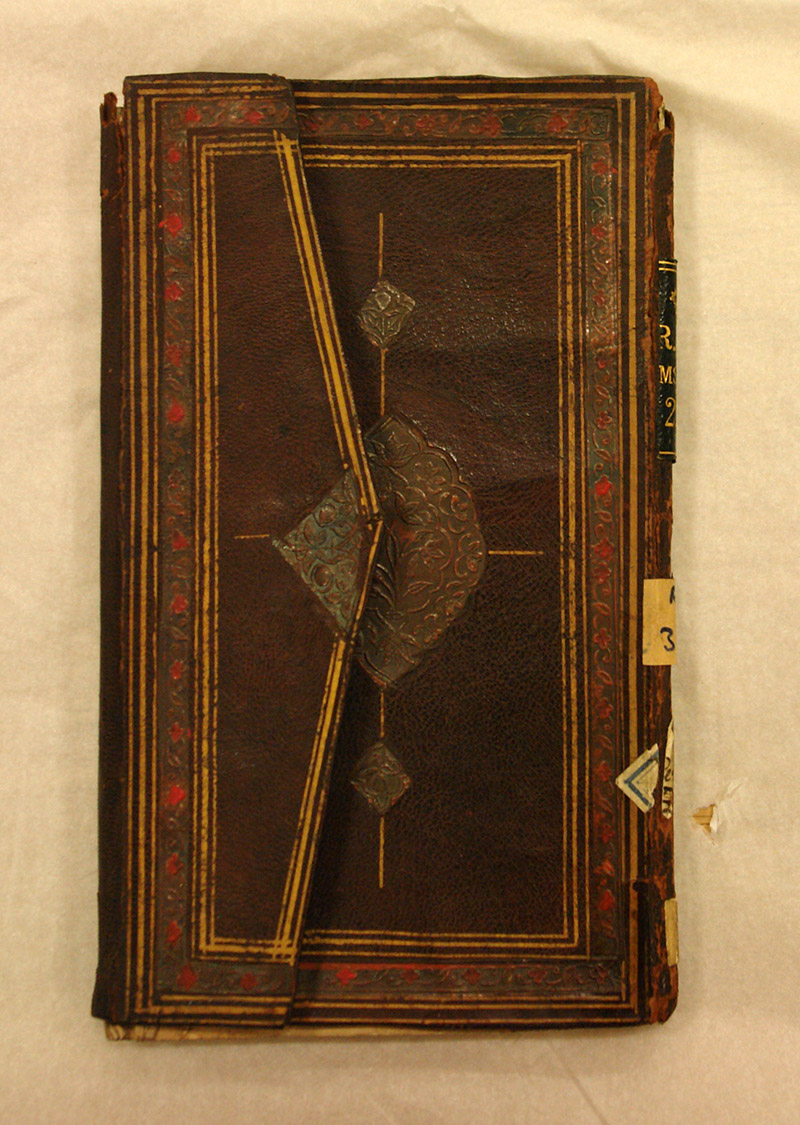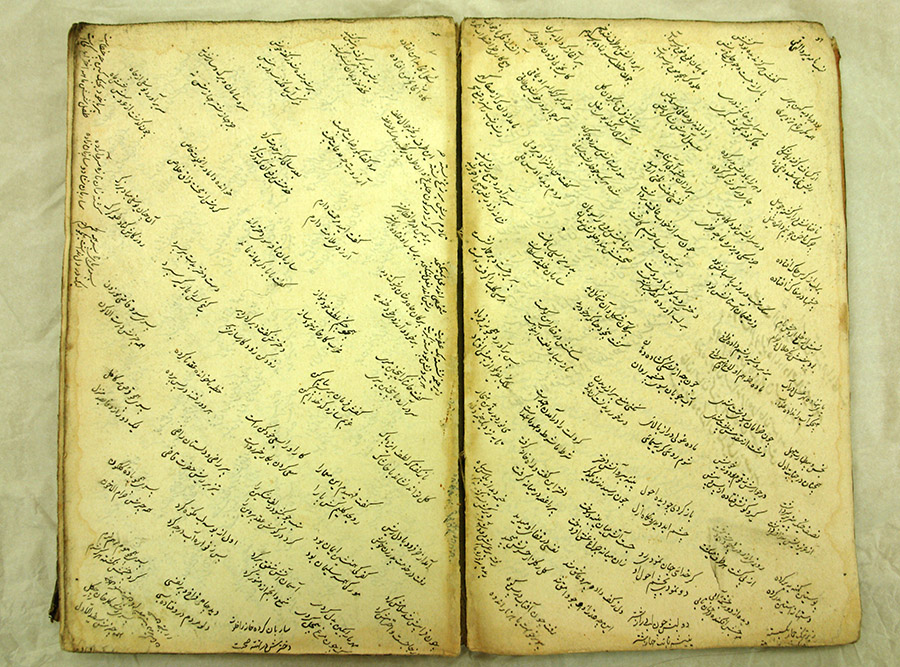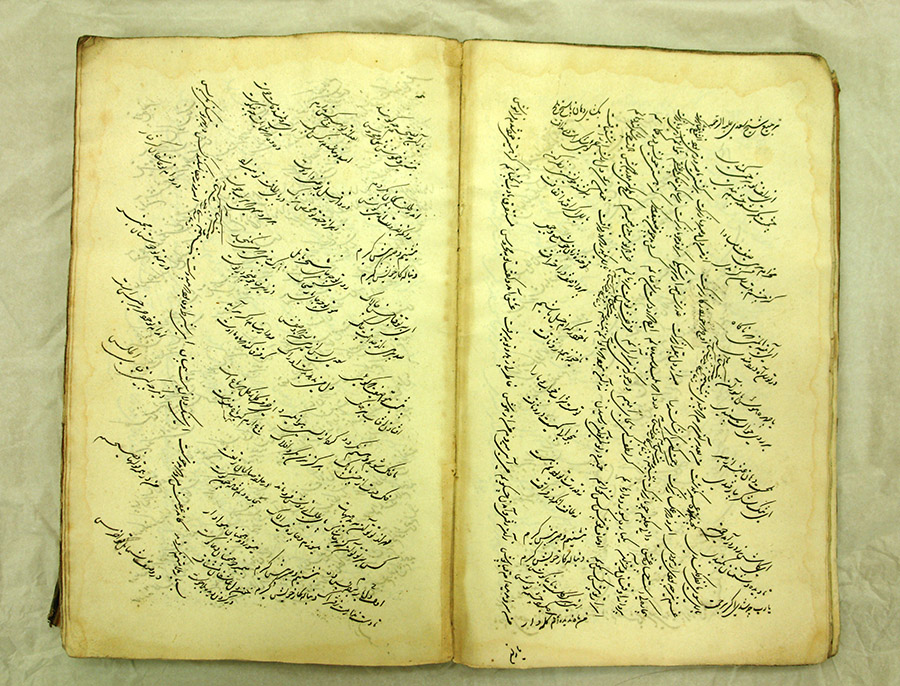You Can Take the Archivist Out of the Archive…
…but you can’t take the Archive out of the Archivist to misquote a well-known phrase. I was on holiday in Ireland a couple of weeks ago, enjoying the magnificent Galway coastline. It was a time for rest and relaxation, especially as a broken toe was making my mobility difficult. One of my obsessions is to write poetry and whilst I was away I began to draft several poems. Today, October 6th , is National Poetry Day in England, so I thought I would share one of the poems – and you will see why I began with the initial phrase.
Brown Girls on the Bike (Tra la la la la)
A few days away on the west coast of Ireland
where my phone can’t receive the continuous thrum
of human communication and I relearn
attentiveness to sky/sea caprice, I recall
some letters I recently catalogued
from H. T. Colebrooke to Nathaniel Wallich,
each taking at least five months to reach India
from England, Wallich meticulously recording
the date they arrived and the ship they came on.
And though I’d felt displaced, after a delayed flight
and long drive through the rain, I’ve always known
that I’ll return home. A few days before,
my broken toe making walking laboriously slow,
I was scooting through the streets of London. I saw
a Somalian woman, headscarf-framed face, body
loosely draped, sedately riding a bicycle. But no
ordinary bike – on the front was a wooden crate,
large enough for a whole fruit-and-veg round
or to convey a washing-machine across town.
In it sat four of her daughters,
two more dilly-dallying behind. We smiled
as we passed and smiling I scootered on
pondering obstacles we somehow overcome.
The letters are in the recently catalogued Colebrooke archive which can be found here and about which I blogged a couple of weeks ago. Colebrooke wrote to Wallich many times concerning plants and seeds from India.
I couldn’t let National Poetry Day go by without highlighting some of our fantastic poetry manuscripts. Last year, I blogged about some of the illuminated manuscripts in the collections. This year I found some manuscripts which feature interesting layout of the poems on the page.
The above two images show the intricate decoration on the cover of our Persian Manuscript 314 and how the poems are arranged on the page. This is a book of ghazals by Riyadi Samarqandi and each of the pages are arranged in this shape of alternating diagonal blocks of three hemistichs divided by horizontal hemistichs.
Persian Manuscript 322 is an anthology of poetry and prose which includes pieces by Zuhuri, Tughra’i Mashhadi, ‘Urfi, Abu ‘l-Fadl, Mir Walihi Qummi, Nizam al-Mulk, Nasira-yi Hamadani, Baba Afdal and many others. Though not all of these will be poetry, again we discover a variety of layouts on the page:
I, personally, cannot understand the script but I take delight in considering the forms on the page and how they might challenge me in considering the form of my own poetry. So a very happy National Poetry Day to you. I hope that you find time to enjoy some poetry in whatever language or form is your own predilection.






